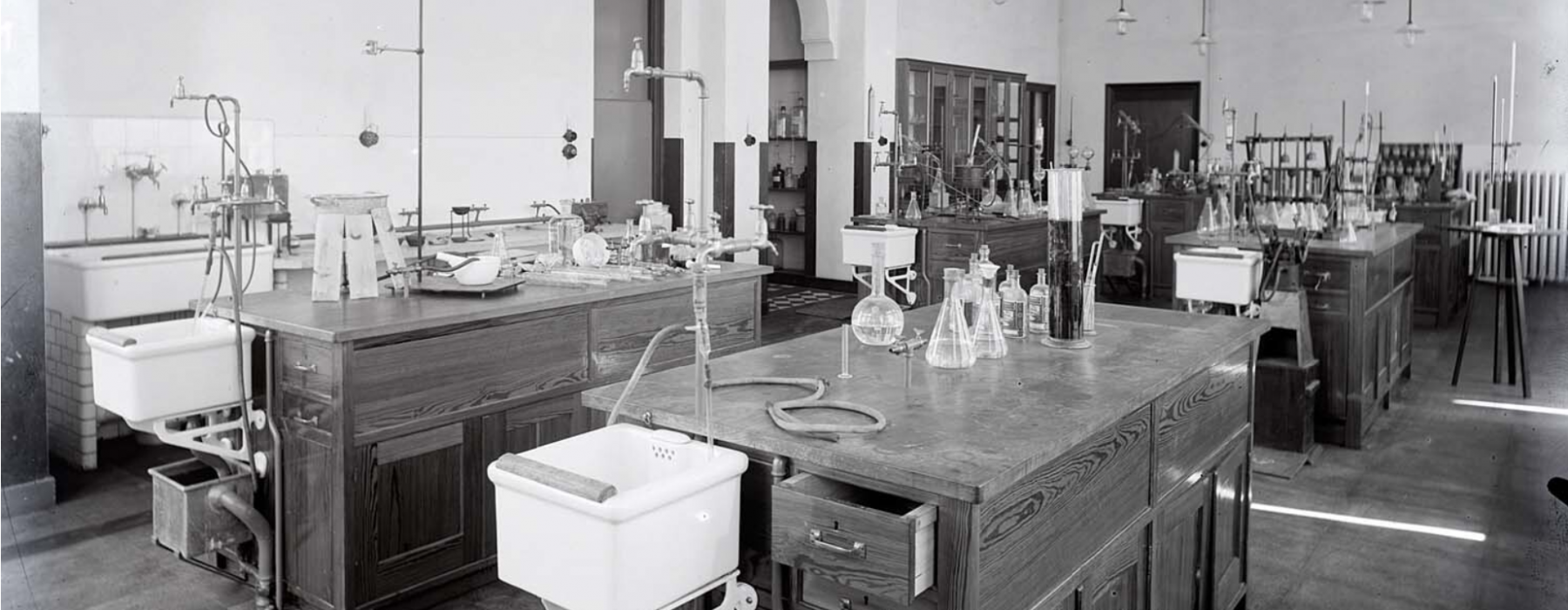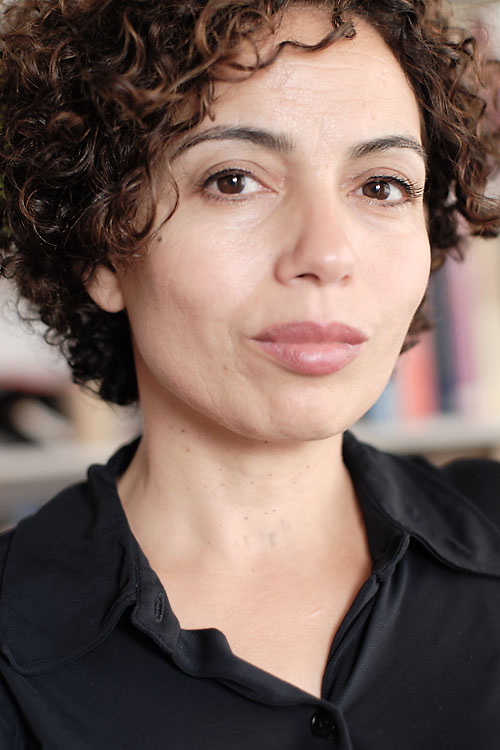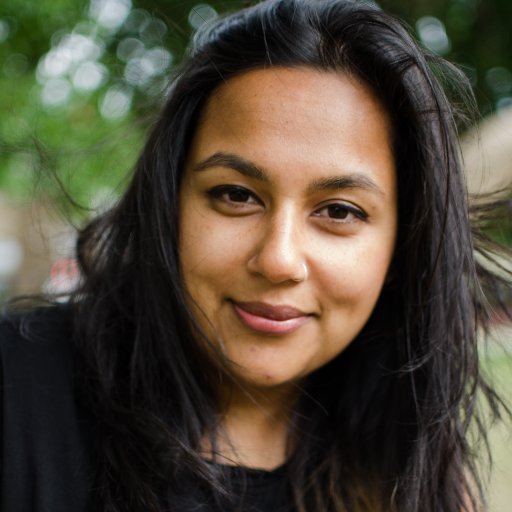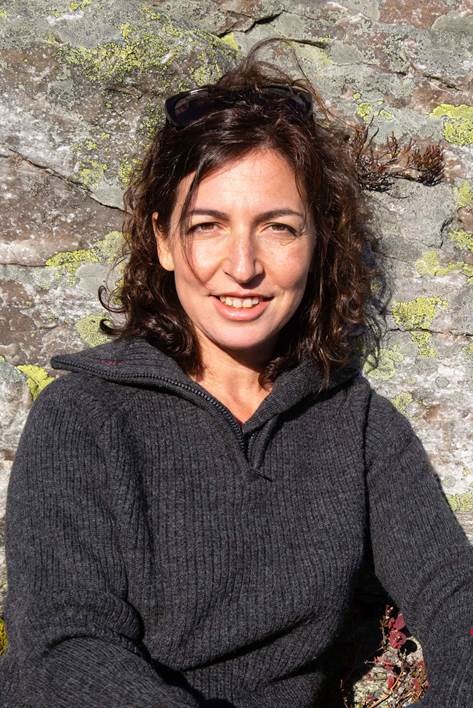
Despite a longstanding consensus that race is not real, that it is a social construction, race-thinking holds a stubborn persistence on our imagination today and racism continues to have devastating effects on those who have to bear its brunt. Even if long discredited, popularly repeated myths continue to circulate about racial difference as fact. And, as journalist and author Angela Saini reminds us, this is not just limited to everyday life, but also in the “long reach of race science” where “even well-intentioned, politically neutral researchers […] can't help but resort to race when thinking about human difference.”
It was only this past June 2020 that University College London renamed two lecture theatres and a building, as a means to grapple with the fraught history of Francis Galton. Galton “coined the term ‘eugenics’ in 1883, and endowed the university with his personal collection and archive.”[1]. Such reckonings happen alongside the development of other, arguably less controversial scientific projects, such as the Human Genome Diversity Project, which also have to deal with the legacy of racial paradigms; or, the contested discussions within academic circles about the influence of race in the history of science. Why does race have such a stubborn lore, and what is the role of racial science in this intransigence?
It is not coincidental that we at the National Museum of World Cultures should address this topic. The Tropenmuseum, one of the museums that falls under the NMVW, was originally part of the Colonial Institute, which, for over a half-of-a-century promulgated the now-debunked science of race through the collecting and study of human remains in its physical anthropology department. And moreover, race-thinking has always shadowed the representational practices of this kind of museum.
During this conversation, we want to explore together what role museums, but also other institutions with histories in the study of race, have played in creating and propagating ideas around race. How is racial thinking structurally embedded in museum practice? And, perhaps, most importantly, which specific strategies can the museum implement to move us all towards antiracist futures?
[1] https://www.euvolution.com/futurist-transhuman-news-blog/eugenics/ucl-renames-three-facilities-that-honoured-prominent-eugenicists-the-guardian.php
Image: Chemical laboratory of the Colonial Institute's Trade Museum Department, 1926-1940, C.A. Schouten. TM-10035983


